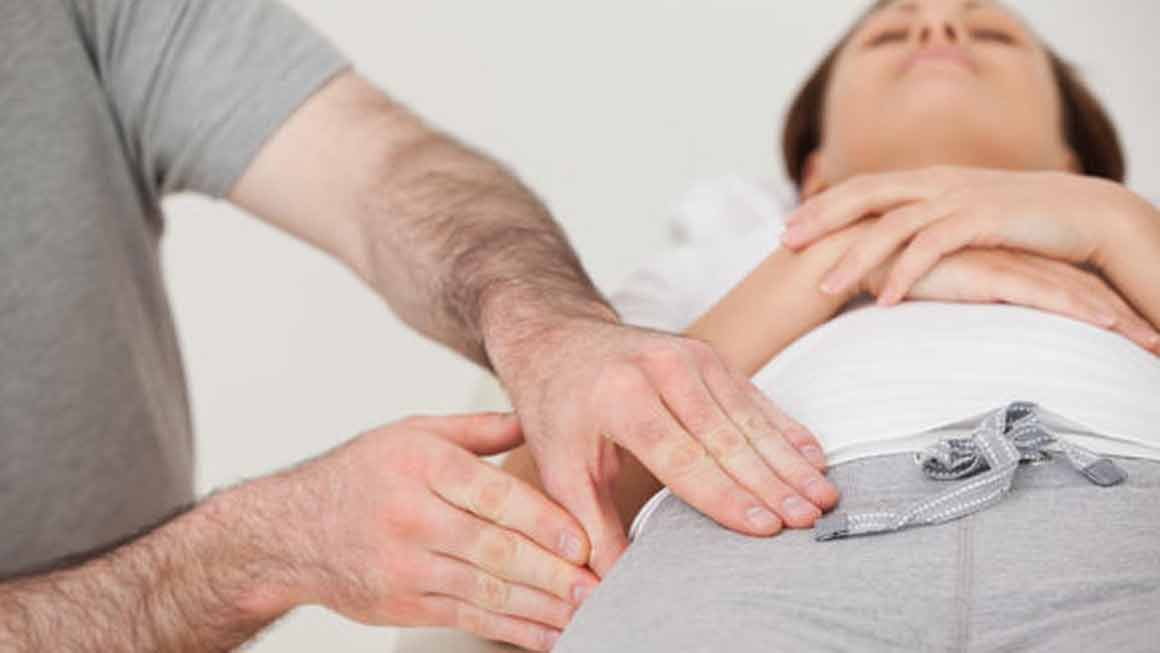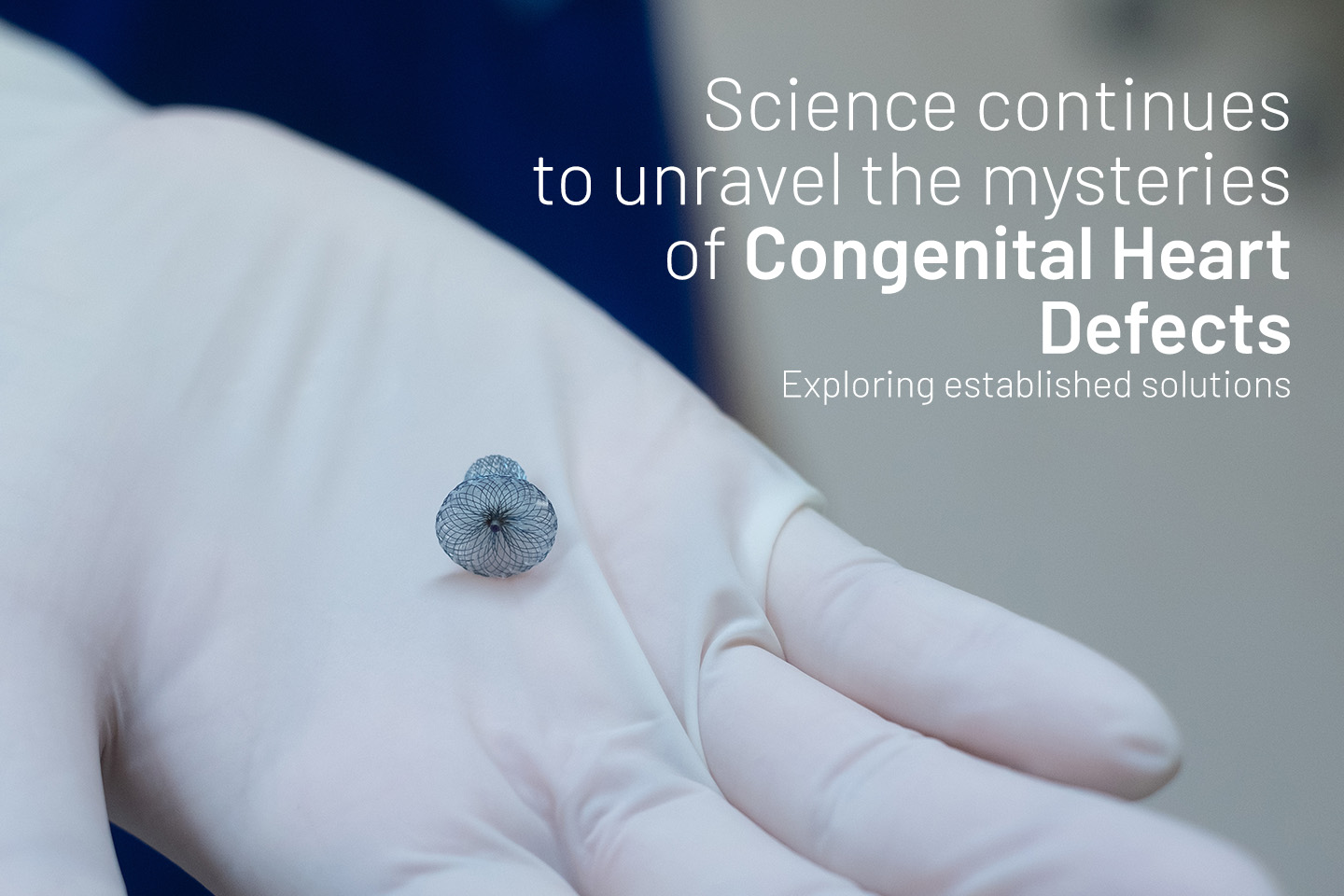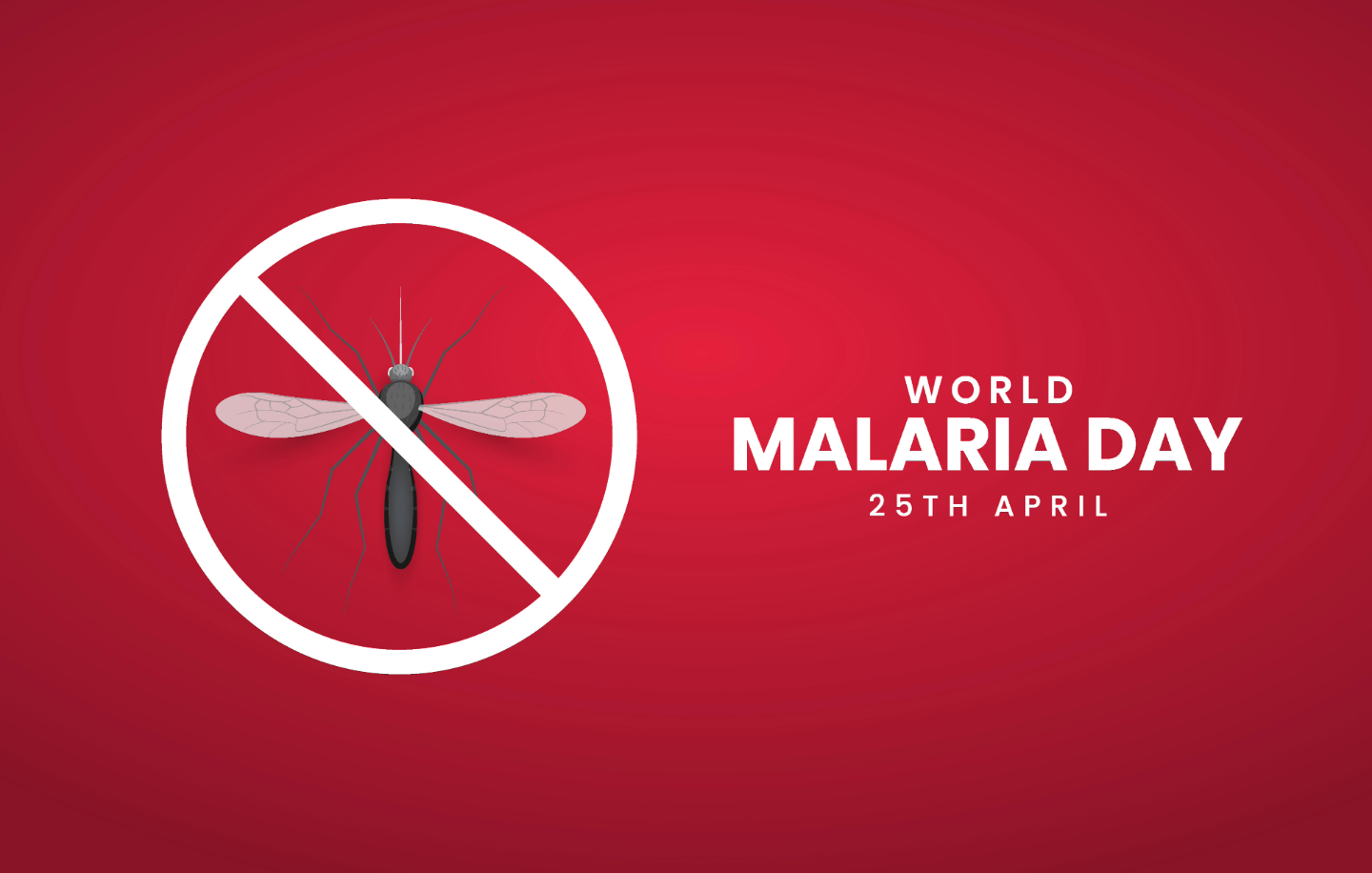Medical Devices
Hernia: Types, Symptoms, Treatment

A Guide on Inguinal Hernia
Are you experiencing pangs of pain in your groin every time you lift something or even cough? Chances are you may have a hernia near your groin that needs medical attention.
Hernia is usually referred to any abnormal protrusion of an organ in the body. In case of an inguinal hernia, the protrusion or hernia is near the groin. This is one of the most common types of hernias.
Inguinal hernia occurs when a part of your intestine pokes into the inguinal canal – a small passage near your groin that is home to blood vessels and nerves. While being extremely painful, inguinal hernias can also pose great health risks.
It is therefore necessary to get medical help immediately. If you feel any ache in your groin while coughing or lifting, it’s a good idea to see a doctor. An inguinal hernia can be detected through a simple physical exam by the doctor.
The treatment for inguinal hernia depends on how severe the problem is. The most efficient treatment is an inguinal hernia surgery that pushes the bulge into place and strengthens the abdominal muscles. Doctors sometimes prefer inguinal hernia repair with mesh which provides support to the abdominal walls and prevents future protrusions.
What is inguinal hernia?
Let’s first understand what is called an inguinal hernia. The inguinal canal is a part of the abdominal wall that houses blood vessels and nerves. In men, the inguinal canal holds the spermadic cord and in women, it holds the ligaments supporting the uterus.
This part of the abdomen has weaker walls. Sometimes, the contents of the abdomen—the intestines—protrudes and enters this inguinal canal. This results in an inguinal hernia.
Men are more likely to experience inguinal hernia than women. A study by the Indian Institute of Medical Science & Research College, Maharashtra, found that 88% of all inguinal hernia patients were men. The broad ligament of the uterus supports the inguinal canal in women and therefore, protects the canal from any intrusion. This could be the reason behind the fewer cases of inguinal hernia in women, researchers found.
Types of inguinal hernia
Depending on the cause of the bulge, inguinal hernias can be of two types:
- Direct inguinal hernia: A direct hernia is usually caused when the wall of the abdominal muscles becomes weak. That allows a portion of the intestine to push through the abdominal wall. This weakening can develop over time, due to everyday activities and aging. In some cases, improperly lifting something heavy can put extra pressure on those muscles, allowing them to weaken and tear.
- Indirect hernia: This is caused by a congenital defect and is the most common type of hernia. This, too, is more common in men than in women. In male foetuses, the entrance of the inguinal canal usually closes after birth. However, in some babies, the entrance doesn’t close after birth and the abdominal wall remains weak. At any point during the child’s growth fat or parts of intestine may slip into the canal causing a hernia. Premature babies are at a higher risk of developing an indirect hernia. While the defect occurs at birth, the bulge may develop later in life, too.
When a hernia is stuck in the inguinal canal and cannot be pushed back into place, it may lead to incarceration of the hernia. This means that the part of the intestine is strangulated and blood supply has been cut off from that part. It is a serious condition that will need medical intervention.
Symptoms of inguinal hernia
One of the most tell-tale signs of a hernia is the bulge. In case of inguinal hernia, you should be able to feel a protrusion near your groin. It could be on one or both sides of your groin.
However, there are other symptoms of a hernia that you shouldn’t ignore:
- Pain in the groin: If you feel a sharp or shooting pain in your lower abdomen, especially when you lift something or exercise or even breathe, you should get yourself checked for inguinal hernia.
- Swollen scrotum: If one or both of your testicles feel swollen or painful, it could be an indication of a hernia. If you feel a pain, it is advisable to run your hand around your abdomen and feel for a bulge or protrusion.
- Heaviness in the groin: One of the first symptoms of a hernia is feeling of a pressure in the groin. The pressure or heaviness is likely to grow when you are active and subside when you rest.
- Painful protrusion: If you’ve found a bulge and it is tender to touch, see a doctor immediately. It is an indication that the intestine is under pressure.
Treatment of inguinal hernia
The only way to treat a hernia is to push the intestine back in place. This is usually done with an inguinal hernia surgery. Also note that not all hernias need to be treated.
However, most hernias tend to become more painful over time and could even lead to incarceration of the intestine. It is therefore necessary to undergo inguinal hernia surgery to push the intestine into place and, at times, to undergo inguinal hernia repair with mesh to strengthen the abdominal walls.
Meril Life’s FILAPROP MESH is a well-knitted polypropylene material that offers maximum tissue support and flexible scar for superior patient comfort. The MERIGROW Mesh is a Polyproplylene Macroporous Light weight mesh which enable faster tissue ingrowth & more flexible scar formation for better patient outcome.
Conclusion
The chances of developing a hernia increases with age. Anything that can increase pressure inside the abdomen will only increase the risks further. Excessive coughing, weight-lifting, obesity and even pregnancy can increase the chances of developing a hernia.
The best thing to do, if you notice a small bulge near your groin is to seek medical help. If the hernia is benign, you will not need any serious intervention. However, if the intestine is stuck, it would be smart to get it back in place immediately with surgery. Do not brush it under the carpet as the condition will only worsen with time.





